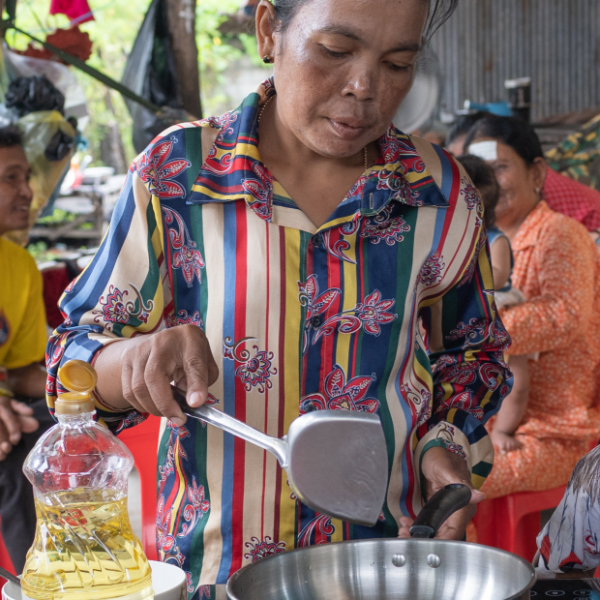- Learn about the importance of clean cooking for global energy access.
- Find out about negative health, environmental, and climate impacts of traditional cooking methods.
- See how innovative solutions for achieving universal clean cooking access are being developed.
Traditional biomass represents approximately 12% of global final energy use and 54% of bioenergy use, catering to the cooking needs of around 2.3 billion people. However, despite commitments to achieving universal access to affordable, reliable, and modern energy services, WHO estimates that by 2030, about 1.9 billion people will still lack access to clean cooking.
The practice of burning solid fuels for cooking in open fires and traditional stoves has severe negative health, environmental, and climate impacts. It contributes to premature deaths (accounting for 2.3 million deaths, approximately 4% of all global deaths in 2019), forest degradation, and emissions of carbon dioxide, black carbon, organic carbon aerosols, and methane, representing about 3% of global greenhouse gas (GHG) emissions.
In this session, Verena Brinkmann and Sarah Thomas-Parensen from the Energising Development programme will delve into the importance of clean cooking and explore various approaches, including improved cookstoves and higher-tier cooking solutions for reaching clean cooking access for all.




